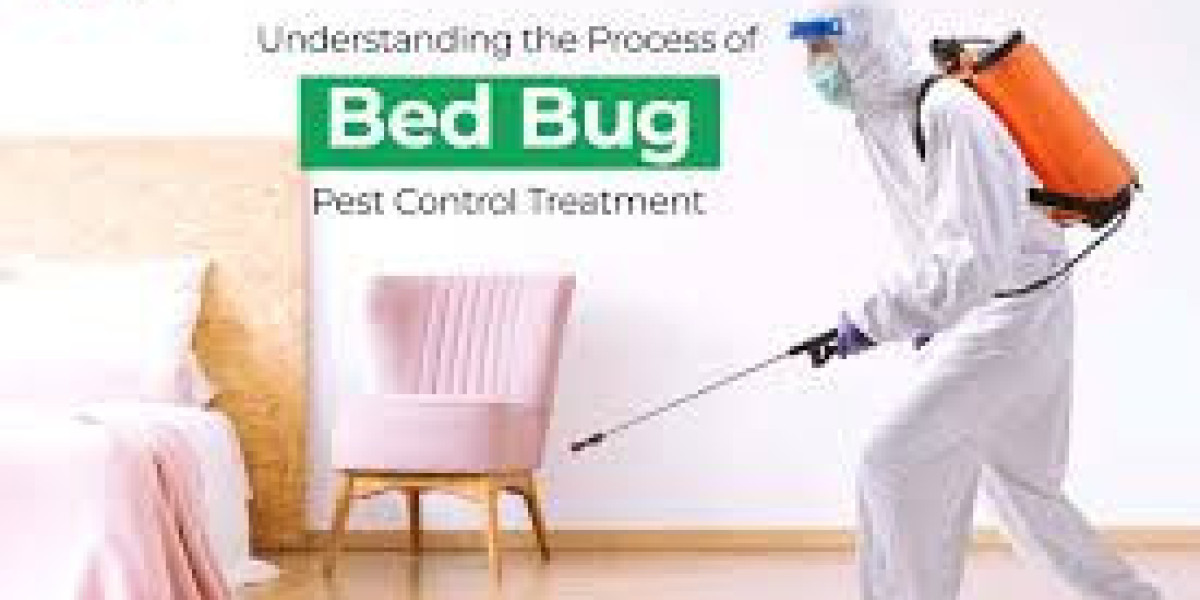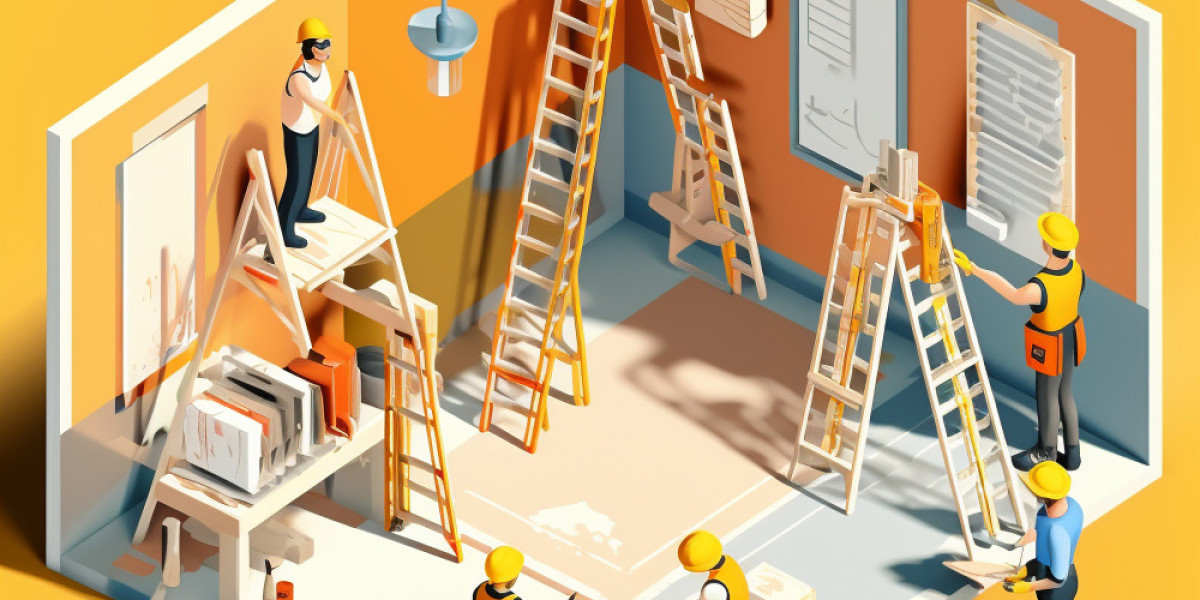Rodents like rats and mice may be small, but the problems they bring into homes and businesses are anything but. They carry diseases, damage property, and multiply quickly. Whether you've seen one scurry across the floor or found droppings in your pantry, prompt and effective rodent control is essential to keeping your environment clean, safe, and pest-free.
In this blog, we’ll explain why rodent control is important, how to spot an infestation, and the best ways to get rid of and prevent rodents.
Why Rodent Control Is Important
Rodents are more than just an annoyance — they pose real threats to health and safety.
Health Risks
Rats and mice can transmit diseases such as:
Hantavirus
Salmonella
Leptospirosis
Rat-bite fever
Their droppings and urine can contaminate food and surfaces, and their dander may trigger allergies or asthma.
Property Damage
Rodents chew constantly to keep their teeth from overgrowing. This leads them to gnaw on:
Electrical wires (fire hazard)
Furniture and woodwork
Pipes and insulation
Over time, this damage can become extensive and expensive.
Rapid Reproduction
A single pair of rats can produce hundreds of offspring in one year. This means a small problem can quickly become a major infestation if not addressed early.
Signs You Might Have a Rodent Problem
Recognizing the signs early is key to fast, effective rodent control. Look out for:
Droppings in cupboards, drawers, or along walls
Chewed food packaging or small holes in containers
Noises such as scratching or squeaking, especially at night
Nests made from paper, fabric, or insulation
Grease marks or tracks along baseboards or walls
Unpleasant odors in hidden areas like attics or basements
Effective Rodent Control Methods
1. Inspection
Start by identifying where rodents are entering, nesting, and feeding. Common access points include:
Gaps under doors
Openings around utility lines
Cracks in foundations or walls
2. Sealing Entry Points
Use materials like steel wool, metal mesh, and caulk to seal all holes and cracks. Rodents can squeeze through openings as small as a dime!
3. Trapping
Place traps in areas of high rodent activity. Options include:
Snap traps: Fast and effective
Live traps: For humane capture and release
Electronic traps: Quick and mess-free
Always handle traps carefully and dispose of rodents using gloves.
4. Bait Stations
Rodent bait stations use poison to control large infestations. These must be used cautiously, especially in homes with children or pets. Professional pest control services are recommended for safe bait application.
5. Sanitation
Rodents are drawn to food, water, and shelter. Reduce their resources by:
Keeping food in sealed containers
Cleaning crumbs and spills right away
Taking out garbage regularly
Decluttering storage areas like basements and garages
When to Call a Professional
Some infestations are too large or complex for DIY methods. You should consider hiring a licensed pest control service if:
You’ve seen multiple rodents
Traps aren’t working
Droppings keep reappearing
The problem returns after treatment
Professionals use advanced tools and strategies that are safe, targeted, and long-lasting.
Rodent Prevention Tips
The best rodent control is prevention. Here are simple ways to keep rats and mice out for good:
Install door sweeps on exterior doors
Seal vents and pipes with mesh or steel
Keep the yard clean—trim shrubs, remove debris, and store firewood away from the house
Fix leaks and eliminate standing water sources
Store pet food in sealed containers and clean bowls daily
Routine inspections and good sanitation habits go a long way in preventing infestations.
Rodent Control in Commercial Spaces
Rodents aren’t just a residential issue—they can cause serious problems in businesses, especially:
Restaurants
Warehouses
Grocery stores
Hotels and rentals
In these cases, rodent control is essential for protecting your brand, customers, and compliance with health regulations.
Final Thoughts
Rodents are fast, sneaky, and surprisingly destructive—but with the right approach, they can be stopped. Whether you handle a minor problem on your own or hire a professional, effective rodent control is about combining inspection, exclusion, sanitation, and monitoring.







